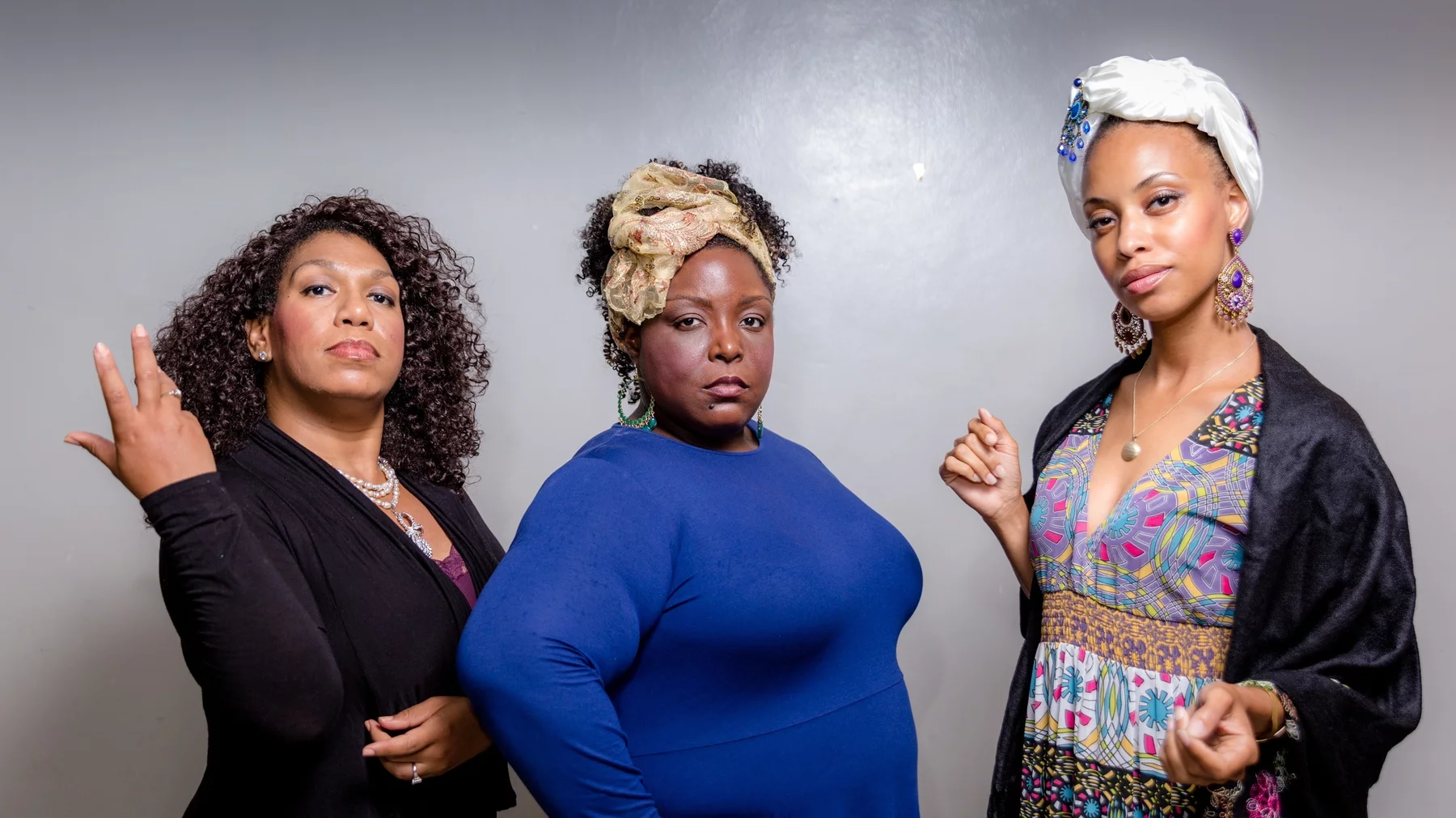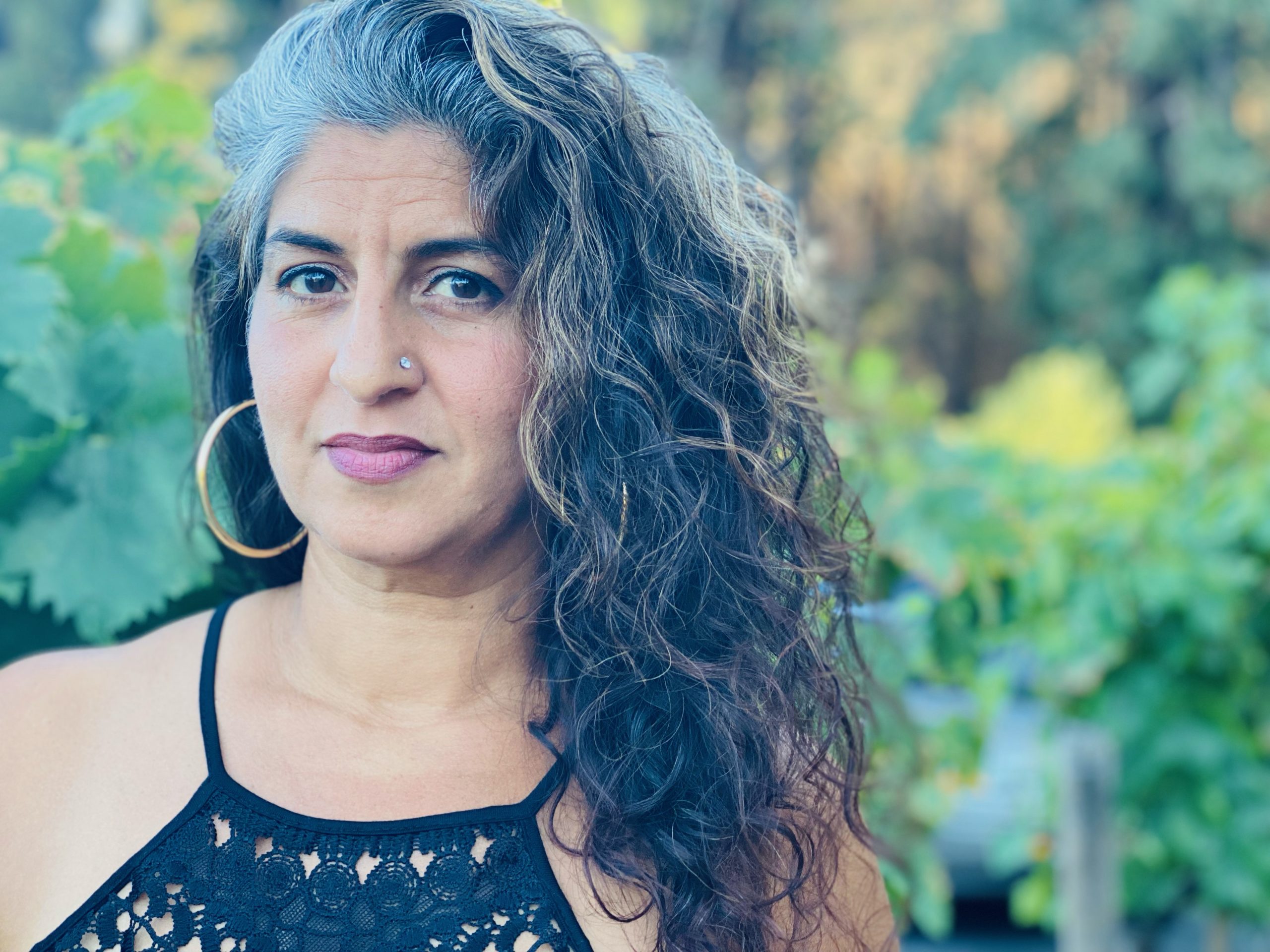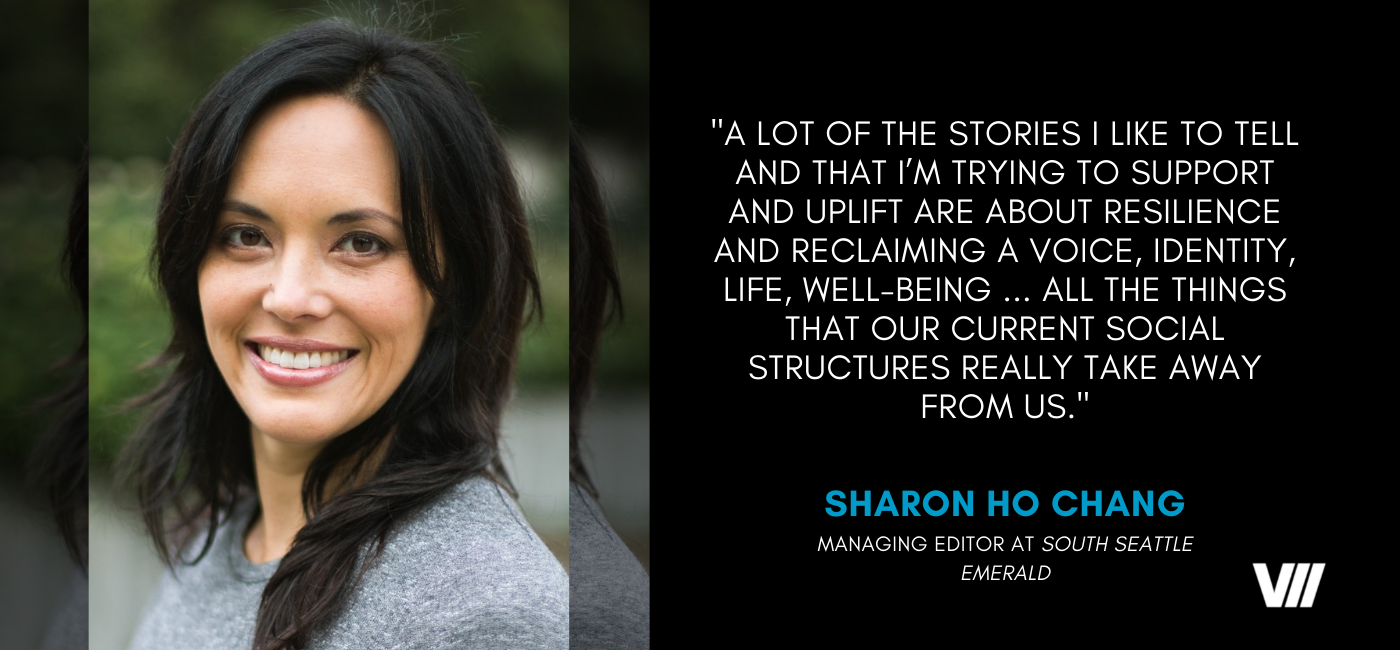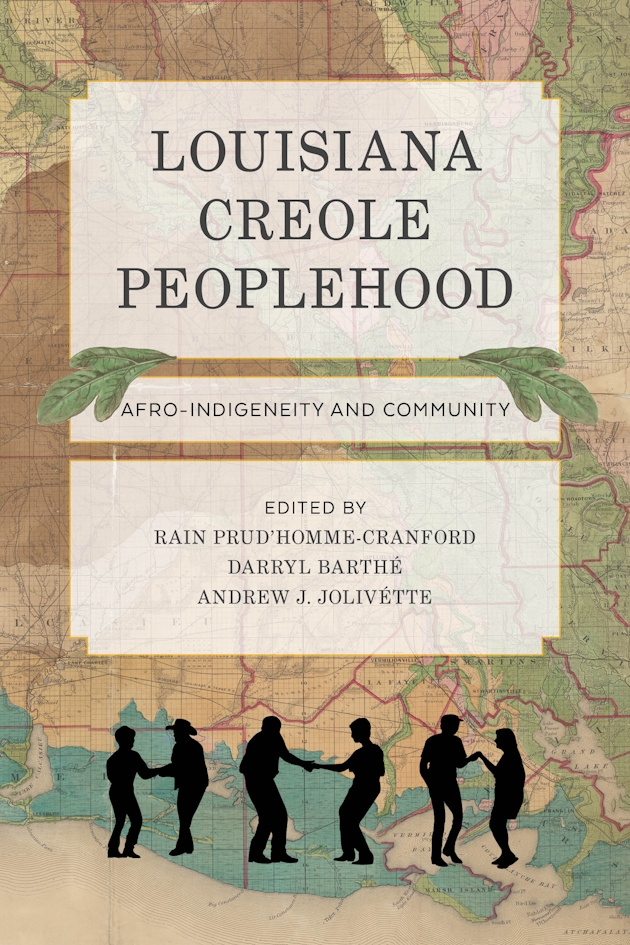How a Vietnamese Ethiopian Designer Built Her Fashion ‘Dynasty’
Saigoneer
2020-10-23
Written by Diệu Linh. Photos by Lê Việt Dũng.

Lê Việt Dũng
“I’m young so I still have big dreams,” Kim Berhanu begins our chat on an early September day. At the tender age of 23, Berhanu is already the CEO and creative director of the fashion brand Dynasty the Label. And that’s just the beginning for the half-Vietnamese designer.
Born in Australia into a family of a Vietnamese mother and an Ethiopian father, she understands more than anyone what it means to feel different. That sense of not fitting in nurtured Berhanu’s aspiration to travel the world to experience cultural diversity. “After saving enough money from part-time gigs in high school, I decided on France because I love the arts and culture scene there,” she reminisces. “When I returned, I resolved to explore more destinations because Australia has become my ‘comfort zone.’”
Filled with hope and determination, she moved to Vietnam in 2018. To her, Vietnam is a promised land where many of her personal plans could become a reality. Berhanu said of the opportunities she’s gotten since her return: “As long as you have a big idea, you’ll quickly be able to find kindred minds to actualize it.”…
Read the entire article here.








